It’s Not Me, It’s You: How Effective Career Training is Being Overlooked
- Oct 12, 2022
- 4 min read
Updated: Jan 31, 2024

The Great Resignation that began in 2021 revealed the dissatisfaction millions of employees had with their daily 9-5s. It wasn’t a phenomenon that suddenly appeared and took over; rather, it was the result of years and years worth of frustration and anger towards our society’s working culture and conditions. In the face of this movement, recruiters and companies can utilize it as an opportunity to reflect on how they can better serve their own employees. The best place to begin reflecting — and possibly the area that seems to be the most overlooked — is the employee training process (or rather, the lack of an effective one).
In a November 2021 online survey conducted by the American Staffing Association, “80% of employed U.S. adults consider an employer’s professional development and training offerings an important consideration when accepting a new job” but only “39% say their current employer is helping them improve their current skills or gain new skills to do their job better” (American Staffing Association). Similarly, in a survey done on 666 employees by SurveyMonkey, “86% of employees say that job training is important to them” but only “52% of employees think their employer provides the right amount of training” (SurveyMonkey). This severe disconnect between what workers are looking for and what they are receiving not only harms the individuals that are trying to improve their skills, but also the companies themselves.
For the workers, many contribute effective job training to positive outcomes on their output at the office: “59% say it improves their overall job performance” and “41% claim it helps their time-management skills” (SurveyMonkey). And when workers perform better, the companies they work for also perform better, with “organizations that offer comprehensive training” experiencing “a 24% higher profit margin” (SurveyMonkey). This is all to say, the employers who choose not to invest in development and training are being edged out by those that do, both fiscally and internally. According to Richard Wahlquist, President and CEO at the American Staffing Association, “During the Great Resignation, if an employer is not willing to train and upskill its workforce, those employees may begin to look for an employer that will” (American Staffing Association).
So what’s missing? What kinds of job training should companies provide to best support their workforce? The main area that employees find lacking is supervisor support and mentorship programs tailored specifically for career training. These programs are good for enhancing critical technical and soft skills, and employees report feeling supported when they’re offered — and even required to attend — these opportunities. Also, in incorporating developmental activities as part of the work schedule, it conveys the feeling that the company and its employers are advocating for its workers by offering them the resources to become more knowledgeable individuals. For those who don’t have supervisor support for career development, only “48% say they are motivated to do their best at work” and “39% are satisfied with their job” (Harvard Business Review). What’s more, ⅓ of Fortune 500 companies “don’t offer a formal mentorship program” (SurveyMonkey).
To close this job training gap, here are some changes that can be implemented to aid your workers in feeling prepared and performing better:
1. Make training an expectation for supervisors
Supervisors and managers should be expected to incorporate a developmental focus into their roles. Evaluate them in how well they can effectively work with employees to set goals, provide feedback, and offer resources. This way, there won’t be that lack of support or mentorship that many employees currently feel.
2. Reward employees for their training efforts
There’s a culture in the workplace that often expects employees to shoulder the responsibility of training themselves. And while individual effort plays a role, recognizing the effort that they are putting into becoming a more skilled member of the team is just as important. It serves as motivation for them to continue on, leading to better performance and results.
3. Ensure development and training is available to all
Development and training is typically only seen as something needed by new employees; this means that older workers may get pushed to the side and looked over. However, the potential value of workers only increases the longer they remain in the company; thus, it’s just as important to offer them the resources to grow and improve (Harvard Business Review).
Effective job training is important. It’s needed not just by the employees, but also the companies who want to succeed and perform well. The Great Resignation has taught us that listening to the perspectives of workers is vital and something that not enough employers are doing. So, in order to really stand out and attract top talent, you need to ensure that you’re providing them with everything that they are looking for. Here at Sedna, we help close this gap by becoming experts on our clients and formulating a deep understanding of our candidates. We create matches that allow satisfaction and success on both sides. Browse our website for more details or contact us at info@sednacg.com learn more today.
Sources:





Comments